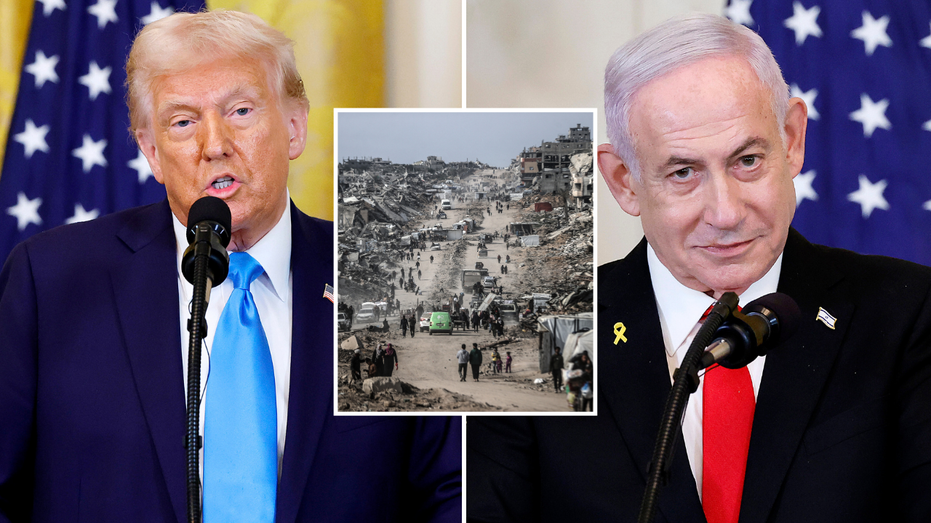Trump Administration Imposes New Sanctions on Four ICC Judges to Defend US and Israeli Sovereignty
U.S. sanctions target ICC judges from Uganda, Peru, Benin, and Slovenia over cases against Israel.

The Trump administration on Thursday announced the imposition of sweeping sanctions against four sitting judges at the International Criminal Court (ICC), intensifying a standoff over the court’s recent moves targeting Israeli officials. Secretary of State Marco Rubio revealed that sanctions would take immediate effect against Solomy Balungi Bossa of Uganda, Luz del Carmen Ibáñez Carranza of Peru, Reine Adelaide Sophie Alapini Gansou of Benin, and Beti Hohler of Slovenia, all ICC judges directly connected to ongoing investigations.
Rubio stated that these judges had been “directly engaged in efforts by the ICC to investigate, arrest, detain, or prosecute nationals of the United States or Israel, without consent from the United States or Israel.” The move follows President Trump’s February 6 executive order, which outlined punitive steps against Hague-based court officials after the ICC issued an arrest warrant for Israeli Prime Minister Benjamin Netanyahu and former Defense Minister Yoav Gallant. The charges accuse the Israeli leaders of alleged war crimes during the government’s current campaign against Hamas.
The administration argues that the ICC’s actions are illegitimate and politically motivated. In remarks delivered Thursday, Rubio emphasized, The ICC is politicized and falsely claims unfettered discretion to investigate, charge, and prosecute nationals of the United States and our allies. This dangerous assertion and abuse of power infringes upon the sovereignty and national security of the United States and our allies, including Israel. He also warned that the United States would take "whatever actions we deem necessary" in order to defend its sovereignty and that of close partners in the face of what it considers “illegitimate actions by the ICC.”
The executive order signed earlier this year enables the administration to freeze assets and ban travel to the United States for targeted ICC personnel. These sanctions are intended as retaliation for what Washington calls a “disgraceful attack” on Israel and the United States, urging ICC member countries—many described as “having won their freedom through great American sacrifices”—to oppose the court’s recent legal push.
The ICC, headquartered in The Hague, has authority to prosecute cases of genocide, war crimes, and crimes against humanity only when domestic authorities are unable or unwilling to act. However, Israel is not a member state of the ICC, and the court does not have its own enforcement mechanism, instead relying on cooperation from its member states when it issues warrants for arrest. This lack of enforcement power has not prevented significant diplomatic repercussions, as seen in the growing rift between the U.S.—Israel alliance and the international legal body.
With these latest sanctions, the Trump administration has signaled a clear effort to shield both American and Israeli officials from international prosecution and to reaffirm its stance that national sovereignty supersedes international judicial intervention, especially in matters concerning allies and U.S. citizens. The implications of this move are likely to send ripples through ongoing debates over the role and independence of international courts, as well as the broader discussions on accountability in armed conflicts.




